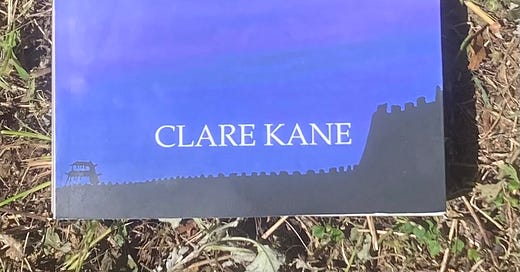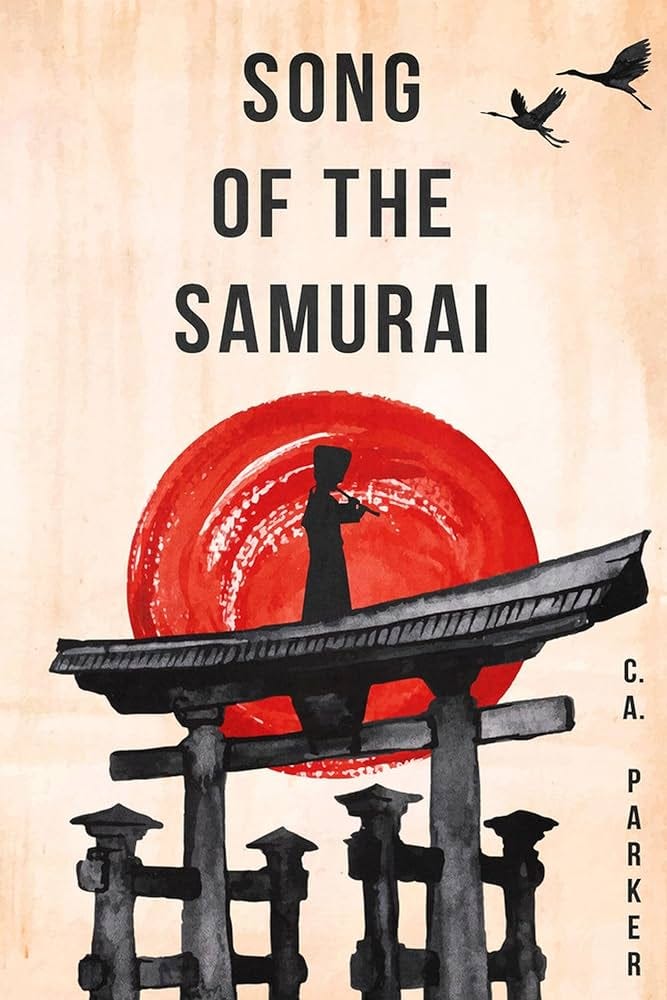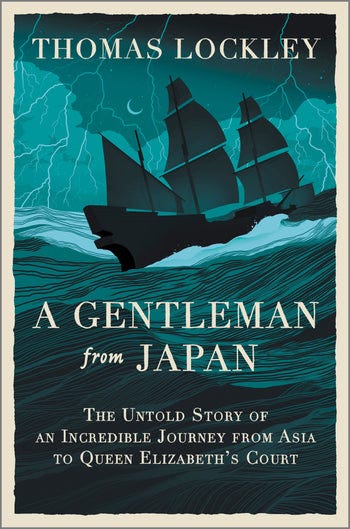I can’t remember how I came across Clare Kane’s work but she is a brilliant novelist with pretty much no presence online and little recognition. I think she’s Scottish, but that may just be wishful thinking. I read her first novel, Electric Shadow of Shanghai and loved it, but didn’t realise she had published a second novel (almost no social media presence! We all hate it but it matters). Both books are fantastic—beautiful flowing prose, gripping storytelling, psychological depth—though I probably prefer Shanghai (I couldn’t really explain why). Set during the Boxer rebellion amongst a foreign enclave in Peking (as it was called at the time), the subheading “A novel of love and death” doesn’t really do justice to the scope of what Kane does here. She lived in China, speaks Chinese, and has the immigrant’s “one foot in each” stance across both books, which I think (apart from everything said above) is why I love her novels. Scottish or not, Clare Kane should be much more widely read. This book came out in 2018 on a small, East Asian-focused indie (not a criticism, one glance at my own career shows I love those kinds of publishers), so I’m hoping there will be a third and perhaps the world will take better notice. If you like Tan Twan Eng, you’ll like Clare Kane.
The Beatles in Japan looks quite like a dry academic treatise but is actually a fascinating blow-by-blow account of the Beatles’ relationship with Japan. It stretches from the controversial 1966 shows at the Budokan through John and Yoko’s relationship and Paul McCartney’s arrest at Haneda for possession to the present-ish day. This is quite a stunning piece of research into the minute-by-minute movements of the Beatles combined with some good insight into the Japanese side of things (lacking in things like Anthology and Eight Days a Week). I’m going to write in more detail about this book elsewhere so I’ll keep this brief, but if you’re at all interested in the Beatles and/or Japan, this is definitely worth a gander.
Song of the Samurai by C. A. Parker was an advance copy from the publisher. Like The Beatles in Japan, I’m going to write about this elsewhere (in the same article actually, my new quarterly column in Metropolis magazine), so again, an abridged review: I really liked this and I’m a little surprised at that. I get approached to review a lot of books with the red sun on the cover and words like samurai in the title, and my heart sinks a little each time. Surely there is enough awareness of Japan and its culture that we can dispense with the shorthand stereotypes? Fortunately Song of the Samurai is not a book that should be judged by its cover. It is the—surprisingly—true-ish story of an Edo Period monk walking the length of Japan while struggling with his vocation and his true calling as a musician. Told in beautiful, soft, flowing prose, this is a book that encapsulates the idea that it’s all about the journey, not the destination. An easy but powerful read.
A Gentleman from Japan is a non-fiction book I’m writing about for Japan Times, (yes, pretty much all of my reading this month was “work” reading rather than “for fun” reading). It’s the story a Japanese man enslaved by the Spanish who ends up, through a series of unfortunate events, in Elizabethan London. The majority of the book is actually about early European colonialism and draws direct lines from the actions of Europeans in the 16th century to geopolitical realities today. An easy and interesting read.








Thanks for the introduction to Clare Kane! I'm intrigued! Also, good to know about Carolyn Steven's new book. I often refer to the book that she wrote about disability in Japan.